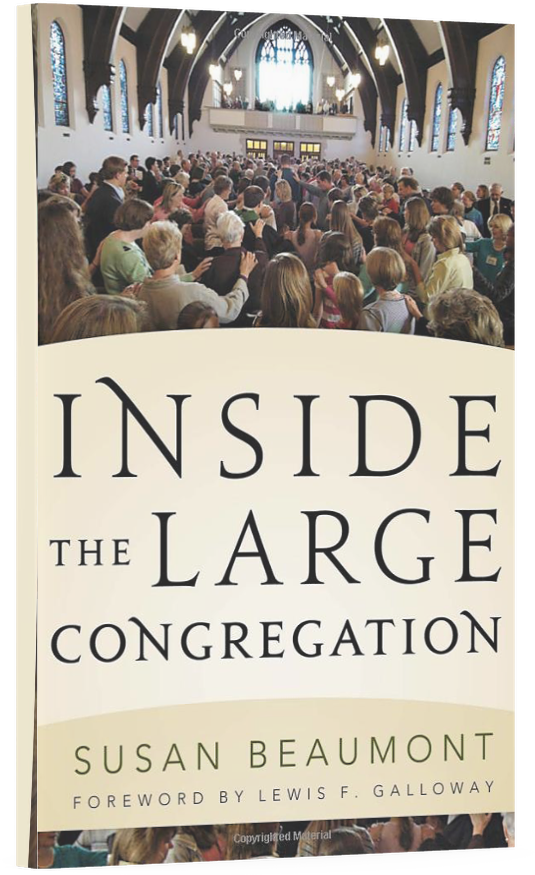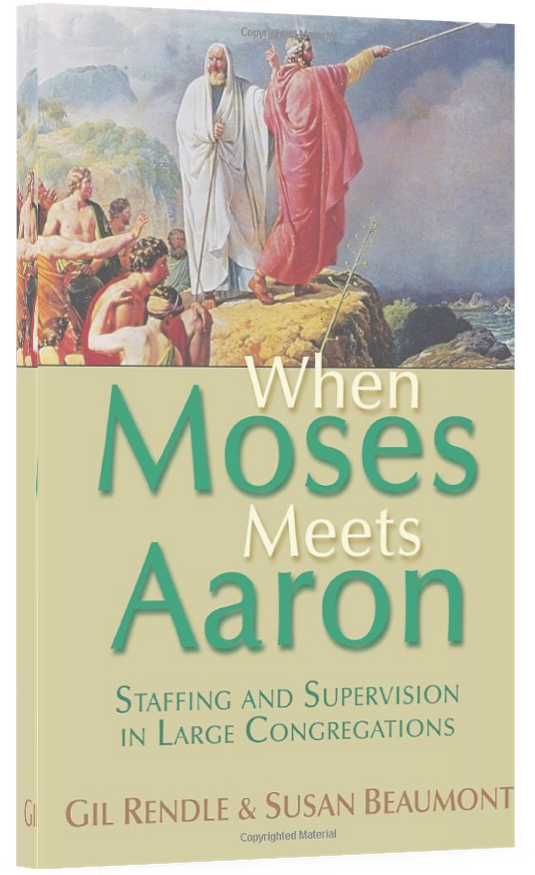I was not surprised by the call. I knew that this pastor had been struggling for some time with a problem employee that he could not bring himself to fire. The employee was at times brilliant in her work, fulfilling most of the essential functions and duties of her job with polish and excellence. However, she demonstrated an ongoing inability to work well with others, alternating between passive-aggressive and bullying tactics with leaders in the congregation. She had her champions in the church, but she had more than her share of foes.
 The pastor had given her ample warning that things were not going well. He had followed personnel policies and had documented the problems carefully. He had kept the personnel committee in the loop and they had his back and were ready to act. There were no strong political camps in the congregation that would stand in the way of her dismissal, and yet he couldn’t bring himself to pull the plug. That is, until the morning of the call. On that morning, yet another incident of staff team disruption had occurred around this employee’s behavior. The pastor suddenly knew in his heart that redemption was no longer possible, and that he had to make the hard call.
The pastor had given her ample warning that things were not going well. He had followed personnel policies and had documented the problems carefully. He had kept the personnel committee in the loop and they had his back and were ready to act. There were no strong political camps in the congregation that would stand in the way of her dismissal, and yet he couldn’t bring himself to pull the plug. That is, until the morning of the call. On that morning, yet another incident of staff team disruption had occurred around this employee’s behavior. The pastor suddenly knew in his heart that redemption was no longer possible, and that he had to make the hard call.
He called the employee into his office to begin preparing her for the inevitable. She pulled out all of her best “victim” behaviors and the pastor was hooked. He decided to give her a little more time to get used to the idea of moving on. He knew that she wasn’t going to be able to stay, but he thought that another week or two might help her adjust to the idea of leaving. And then he called me, looking for affirmation that he had done the right thing.
This particular pastor is a strong leader, greatly admired and respected by his congregation. However, nothing is more painful to the pastoral heart than having to fire someone who has been personally loyal to you, who still believes that they can turn things around, and expresses a willingness to try. We spoke for an hour, going through the history, the steps and the logic of the decision. We talked through his feelings. Here is the gist of what I said on my side of the conversation:
• First and foremost, no one else can function as the head of staff in this situation, but you. Others can serve as a pastoral care provider to the troubled employee, others can tend the wounds that she will endure during this process, but only you can make the call as head of staff, about whether or not to let her go.
• When you cannot simultaneously honor your dual role as her pastor and as her supervisor, you must tend to your role as supervisor, because no one else has the authority to play that role. When you get to this point with an employee, it is time to take off your pastoral hat and let others fill that function.
• The payroll dollars of the church exist to pursue the mission of the congregation, not to care for employees whose personal needs and wounds prevent them from effectively leading the congregation in pursuit of its mission. We should never use payroll dollars to take care for staff that can’t function well. This is poor stewardship. We use benevolence funds to care for the wounded.
• The personal needs of any one employee cannot trump the collective needs of the staff team. Do not underestimate the damage that is done to the morale of the collective team, when the head of staff fails to address the bad behavior or poor performance of a single member. To not act is to dismiss the pain that they experience from their interaction with the problem employee.
• The readiness of the employee to be fired is not a relevant criterion in making a firing decision. Regardless of how well we communicate our dissatisfaction, some employees are unable or unwilling to get it. They will never “be ready” for firing and no amount of additional time is likely to help.
• The employee that you let go is not going to like you or be happy about the situation. That is okay. It is not your job to be liked in this moment.
• No employee is served well by being in a situation in which his or her presence produces conflict, angst and dissonance among others. She will eventually be better served by finding a new employment home where she has a chance to begin anew, hopefully having learned some things from this experience.
At the end of the day, this pastor called the employee back into his office and did the deed. He let her know that her employment with the congregation was ending. I imagine that most of the congregation breathed a sigh of relief that this chapter has come to a close. And, the pastor felt very, very sad.



